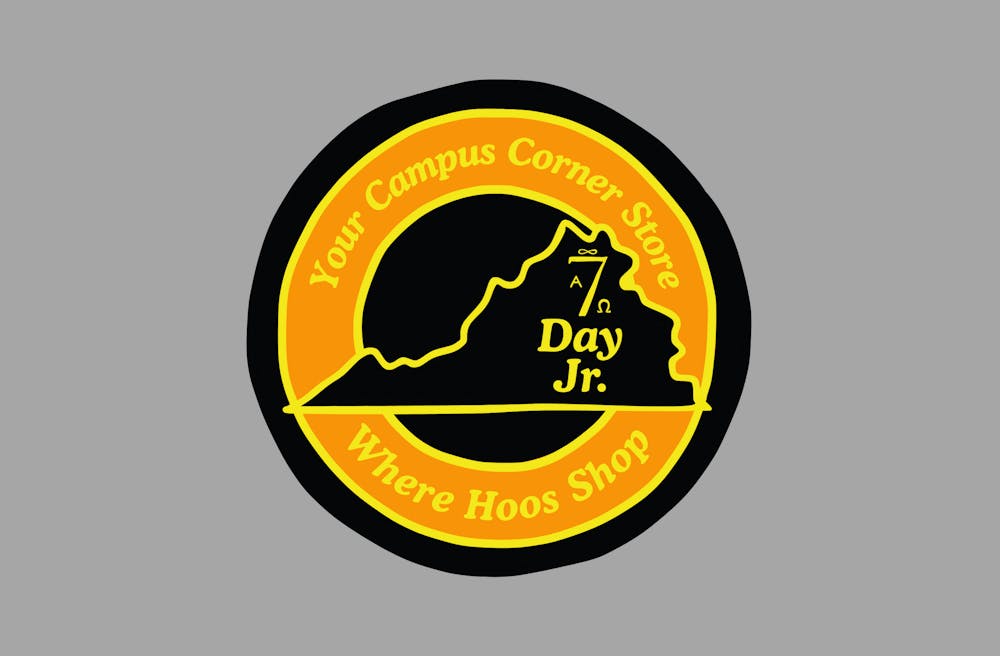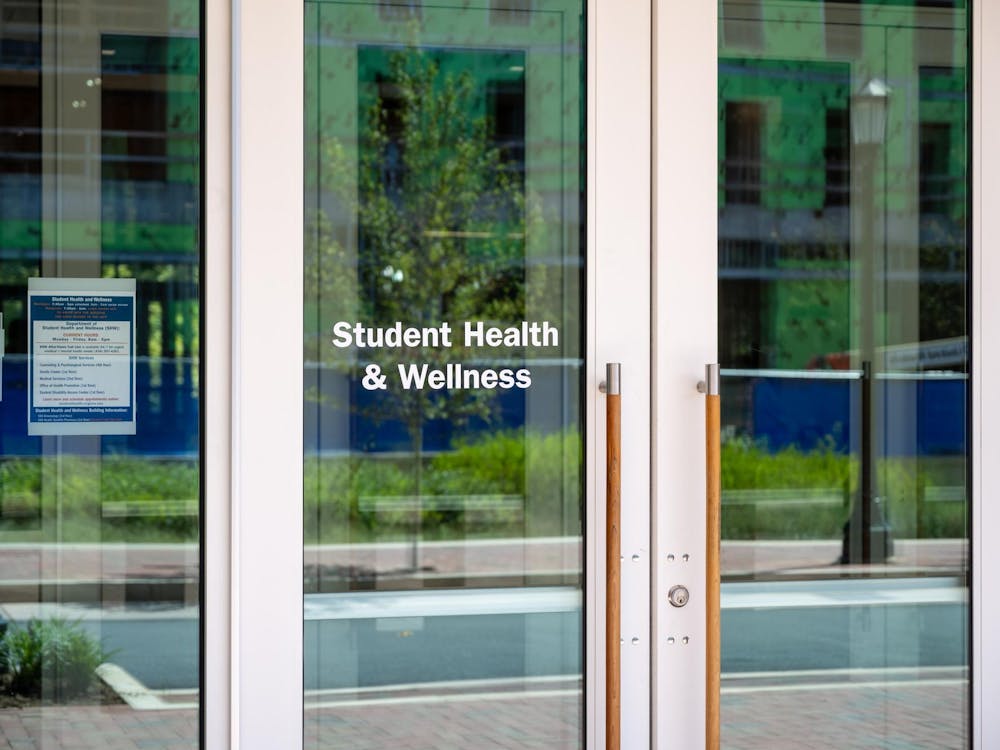Editor’s Note: This is a humor column.
The 7 Day franchise announced last month the opening of a new mini mart to be located on Main Street under the Flats at West Village Apartments. The announcement, via Instagram, read “ADDED ONE MORE” with Drake’s recent hit “Nokia” playing in the background.
The opening of the new Main Street location has drawn attention, not just because it is a mere 1,000 feet from the nearest location, but because it is the opening of a third location in just over a year.
7 Day has been capitalizing on the demand of students for snacks, beverages and alcohol for those of age, continuously opening new locations. Recently, the franchise took over on 14th Street with the opening of a deli and bar location this year. The expansion caught the eye of students, with many fascinated at how the chain can manage so many locations in such a small radius of Grounds.
“7 Day to us is like Dunkin’ to Northerners,” second-year College student John Boylan said. “There could be one on every block, and there still would not be enough tallboys to keep up with the demand.”
A recent study done by the University’s Veconlab investigated the 7 Day franchise, researching the consumer behaviors behind this constant high demand.
“We found that there are actually no additional locations of 7 Day mini mart stores that will cause decreasing marginal utility among the University community,” Economics Prof. Kenneth Elzinga said. “7 Day is successful because sleep-deprived University students are addicted to Celsius between the hours of 8 a.m. to 3 a.m.”
The opening of this seventh location could be a clue to a potential connection that the University community could have been turning a blind eye to this entire time — a secretive connection to the Seven Society.
A notorious secret society at the University, no one is allowed to know the members of the Seven Society until their death, and little is known about their operations— all that is really known are its philanthropic efforts, making annual donations to the University in quantities that include the number seven.
With nothing to show of its members or source of revenue, the University is left guessing as to how the Society makes these monetary donations, with some theorizing that they collect revenue through the 7 Day franchise.
“The name 7 Day is just too on the nose to be ignored,” third-year Architecture student Roe Tunda said. “There is no better way to rechannel University money from everyday expenditures to donations than by jumping on the demand of students for snacks, energy drinks and alcohol.”
The opening of a seventh location could lead to more information about if a connection exists. The Society keeps most things a firm secret, but not all of their operations are undercover — a skydiver once dropped a donation into Scott Stadium.
“If a skydiver isn’t too far, why not provide hints in the fridges of the new location, somewhere tucked away between a C4 and a bottle of peach moscato,” fourth-year College student Marie Gooch said.
“I lived at the Lark last year and gave my fair share of federal work-study money to the location on Main Street. Maybe the new location will be home to an underground passage to the Rotunda.”
The only known way to contact the society is by placing a letter on the statue of Thomas Jefferson inside of the Rotunda. When surveyed, only 24 percent of the University body sampled knew how to contact the Seven Society. Only 9 percent of students said they would ever write a paper and pencil letter unless they were forced to do so. These statistics point to a potential disconnect between the University student body and the Seven Society that they are trying to revitalize.
Other University students theorize that business partners like the renowned 7 Day Harry make up the Society. Time will only tell what hints the seventh location will provide for the monopoly’s continued success — if there isn’t a secret tunnel, one can at least hope for a fresh stock of Celsius and Bapple.







